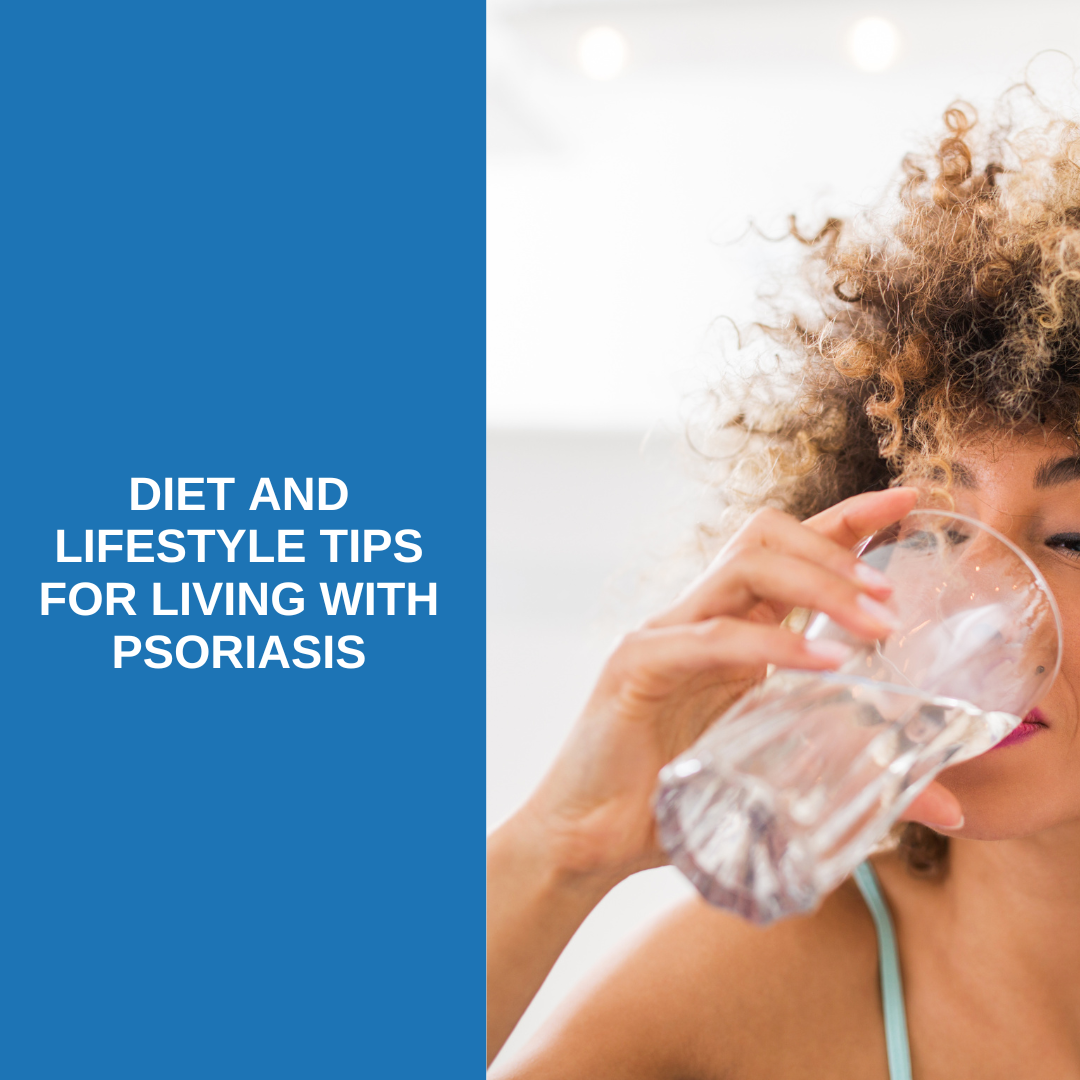Psoriasis is more than just a skin condition—it’s a chronic autoimmune disease that affects millions of people and can have a significant impact on daily life. While there’s no cure, many people find that lifestyle changes, particularly in diet and stress management, can help reduce flare-ups and keep symptoms under control.
Psoriasis occurs when the immune system triggers skin cells to grow too quickly. This causes thick, scaly patches (often on the elbows, knees, scalp, or back), along with inflammation, itching, and sometimes even joint pain.
While medications and topical treatments can be essential parts of your treatment plan, your daily habits play a big role in how often and how severely symptoms appear.
Let’s explore some evidence-backed lifestyle and diet tips that may help you better manage your psoriasis.
1. Anti-Inflammatory Eating
Because psoriasis is driven by inflammation, eating foods that naturally help reduce inflammation may improve symptoms.
Try to include:
- Fatty fish (salmon, sardines, mackerel) – rich in omega-3 fatty acids
- Fruits and vegetables – especially leafy greens, berries, and cruciferous veggies like broccoli
Nuts and seeds – walnuts, flaxseeds, and chia seeds - Whole grains – oats, brown rice, quinoa
2. Limit Inflammatory Triggers
Some foods are known to increase inflammation and may contribute to flare-ups in some people.
Consider reducing or avoiding:
- Red meat and processed meats
- Refined carbohydrates (white bread, sugary snacks)
- Dairy products, especially full-fat versions
- Alcohol, which can worsen symptoms for many people
- Nightshades (tomatoes, peppers, eggplant, white potatoes) – these are inflammatory for some people with psoriasis, though not all
Tip: Try keeping a food diary to track what you eat and how your skin reacts. Over time, you may notice patterns that help you customize your diet.
3. Maintain a Healthy Weight
Research shows that losing excess weight can improve psoriasis severity and make treatments more effective. Fat tissue can promote inflammation, so managing your weight may reduce the overall inflammatory burden on your body.
4. Manage Stress
Stress is a common trigger for psoriasis flare-ups. In fact, the stress-psoriasis cycle is a tough one—psoriasis causes stress, and stress worsens psoriasis.
Try incorporating:
- Deep breathing exercises or meditation
Gentle yoga or stretching - Walking or spending time in nature
- Talking to a therapist or joining a support group
Even a few minutes a day dedicated to mindfulness can make a big difference.
5. Stay Active
Regular physical activity helps reduce inflammation, improve mood, and maintain a healthy weight—all of which can help manage psoriasis. Aim for 30 minutes of moderate exercise most days of the week, even if it’s just a brisk walk.
6. Get Enough Sleep
Poor sleep increases stress and inflammation. Stick to a consistent sleep schedule, and create a relaxing bedtime routine to improve sleep quality.
7. Avoid Triggers
Everyone’s psoriasis is different, but common triggers include:
- Cold, dry weather
- Infections or illness
- Skin injuries (cuts, burns, bug bites)
- Smoking
Certain medications (like beta-blockers or lithium—always talk to your doctor before stopping any medication)
While there’s no one-size-fits-all solution to psoriasis, many people find that lifestyle changes—especially those focused on nutrition, stress reduction, and exercise—can make a big difference in symptom severity and frequency.
If you’re living with psoriasis, you don’t have to navigate it alone. Our team at Savannah River Dermatology is here to help you create a treatment and lifestyle plan tailored to your unique needs.
The information presented in this blog is for informational purposes only and should not be taken as medical advice. If you have questions or concerns, please call our office or make an appointment with a medical professional. Savannah River Dermatology is located at 575 Furys Ferry Rd in Augusta, Ga. Our office can be reached at 706-691-7079.








